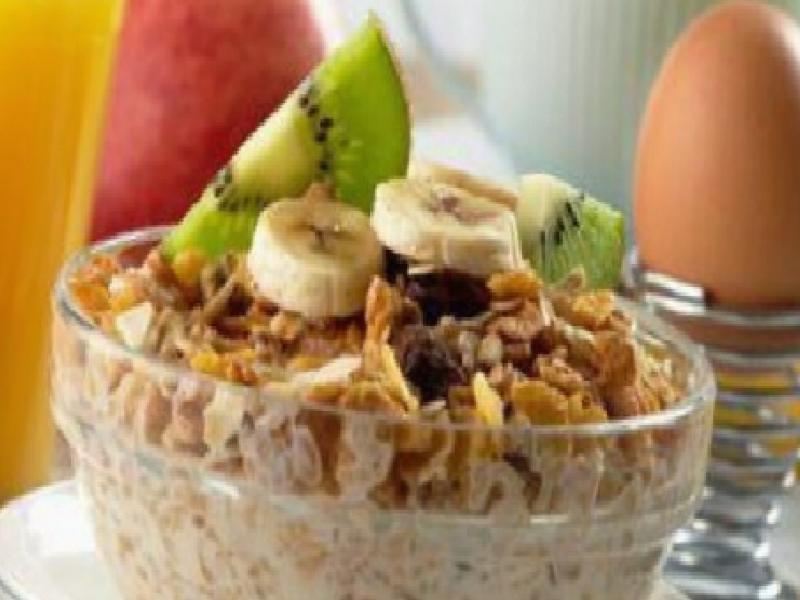With the coming of Ramadan, the same questions started to form in our minds again:
– Will I gain weight?
-If the person is on a diet, will I be able to lose weight, will my mind be on food, will I feel hungry?… the questions go on and on.
An issue that should not be forgotten is that; Whether the person is on a diet or not, he starts to gain weight at the point where he exceeds the daily calorie measure. Individuals who lose weight with a dietitian do not need to worry about this bet, your dietitian makes these calculations for you.
One of the most important issues of Ramadan nutrition is to be conscious of whether we are eating enough and stable. Because by thinking “I want to lose weight or there are other things I want to eat, I want to use my right there”, one can both eat poorly and gain weight.
Without missing our two main meals, sahur and iftar; Shape your dishes so that you can stabilize vegetables, protein, milk clusters, cereal clusters. You should definitely have one module from each of these four sets on your plate.
Iftar is the first meal to be eaten after a long hunger, so it is the meal that needs the most attention. Breaking your fast with a date will restore your blood sugar, but it is better not to go too far with dates. Afterwards, you can continue with soups that are not too heavy to relieve your stomach. In main courses, it will be beneficial to make your stomach feel comfortable to choose dishes that are not very oily, boiled rather than fried, in the oven and in the form of a pot meal. Establishing the stability of both, rather than just meat or just vegetables, will also ensure that it is a quality meal. Likewise, whole grain clusters, high-quality protein eggs, cheese clusters, and oilseeds that make you feel full can be preferred in sahur. Salad and greens should be included in both meals to protect our intestinal health.
By dividing the middle meals after iftar into two, fruit + milk clusters, fruit + nuts or milk desserts can be preferred without tiring your digestive system. Probiotic yoghurts with probiotic content from milk clusters, or kefir or yoghurt may be the first choice cluster for individuals who have re-intestinal problems. Especially syrupy sweets and sugary drinks will not be a good choice for individuals who pay attention to weight management.
If you do not have a health problem, herbal teas such as fennel / chamomile / mint / thyme can be preferred to support and relieve your digestion. In addition to these, it will be useful to consume a cup of green tea a day.
You should be careful not to fall below the amount of water you need to consume daily by spreading 1 liter in sahur and 1 liter in iftar as much as possible. (35ml per kg) In order to complete the missing water measure during the day, it will be more beneficial if you spread the water not all at once, but over the time you can drink it.
30-minute workouts 2 hours after iftar will support those who want to lose weight and will make your stomach comfortable.

